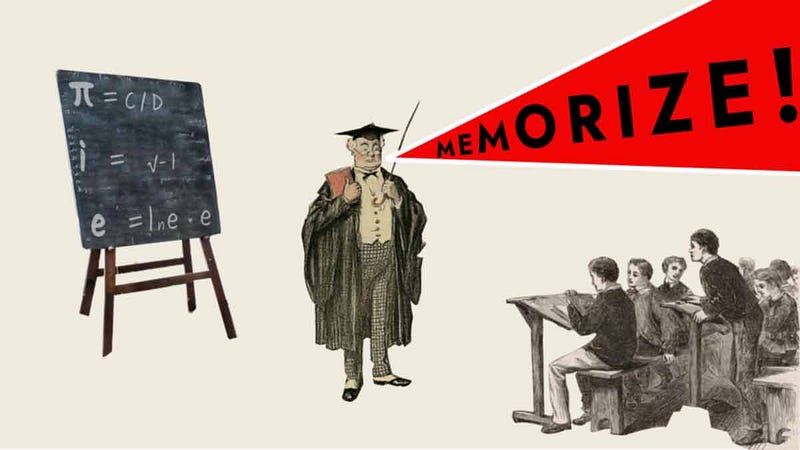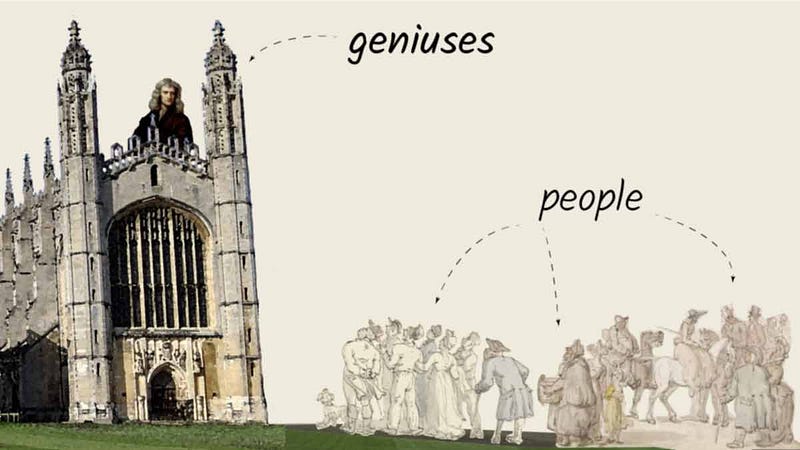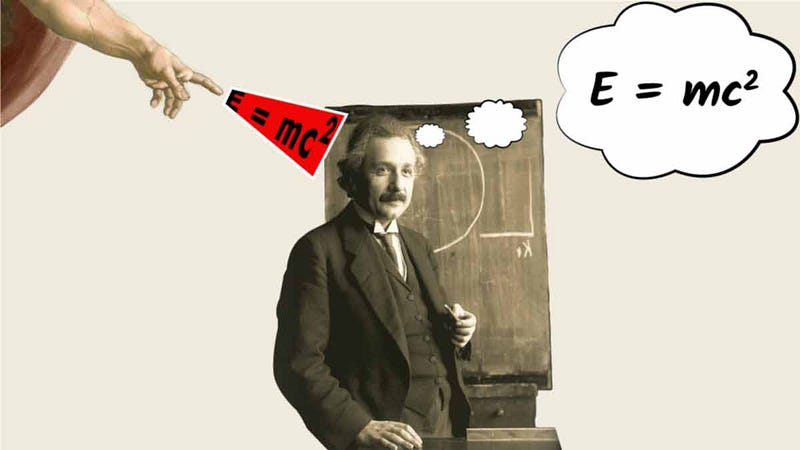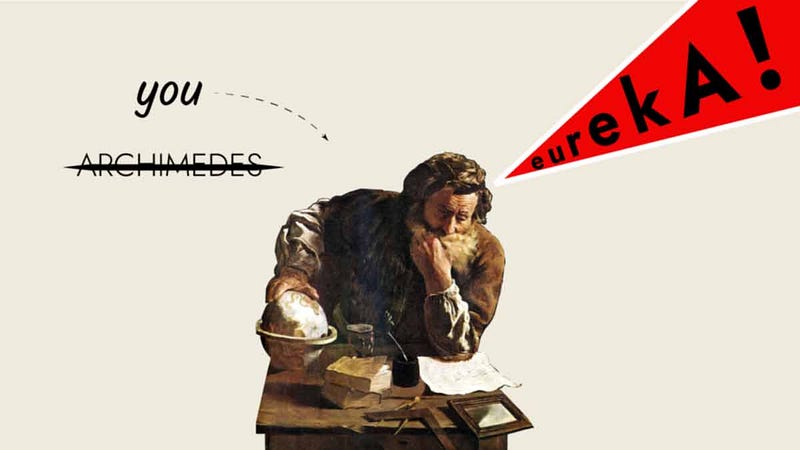Exploring the Foundations of Science and Mathematics
Written on
Chapter 1: Unraveling the Mysteries
I have initiated a blog dedicated to demystifying complex subjects in science and mathematics by linking them back to their roots in our everyday experiences.
Are you perplexed by the science and math concepts you encountered in school? You’re not by yourself!
This blog aims to dispel confusion and highlight how these abstract ideas emerge from daily life. Our contemporary society relies heavily on scientific and mathematical advancements; however, these disciplines—along with their expanding knowledge base—are increasingly perceived as remote and exclusive to specialists.
They are often regarded as the domain of highly trained individuals—those who produce "science" that the rest of us are expected to accept without question. My goal is to demonstrate that the contributions of mathematicians and scientists can be grasped by anyone, at least in theory, and that these topics are neither cryptic nor inaccessible.
What do we mean by “reduction”?
If “abstraction” involves moving from observable phenomena to concepts that exist only in our imagination, then “reduction” is the opposite journey. To reduce a concept means to methodically trace it back to its foundational elements grounded in our direct experiences.

Chapter 2: Overcoming Educational Confusion
Were you ever baffled by the scientific principles and mathematical formulas presented in school? You're not alone in that struggle.
My own experience was marked by an overwhelming array of symbols that attempted to clarify real-world phenomena. How could anyone possibly develop concepts such as the quadratic formula, the volume of a sphere, F = ma, or the number e?

Are these subjects inherently complicated?
Are math and science beyond the grasp of the average individual, reserved solely for the exceptionally talented?
Absolutely not! The issue lies in how these subjects are taught in educational institutions. Instead of deriving scientific concepts from their tangible origins, the curriculum emphasizes abstract conclusions (formulas) as if they emerged fully formed from the minds of intellectual giants like Archimedes, Newton, and Einstein!

Where do these formulas originate?
Did these revelations truly emerge fully formed from the minds of brilliant thinkers? Or is there a systematic approach that led to these groundbreaking discoveries?
I maintain that, while few of us may reach the genius level of an Einstein, we can certainly understand the pathways that led them to their conclusions.

Chapter 3: Embracing Understanding
How can we grasp the methods by which geniuses like Archimedes, Newton, and Einstein derived their abstract conclusions? Through the principle of “reduction”: the act of tracing an abstract idea back to its source in the tangible world—the world we encounter every day.
This blog is dedicated to precisely that mission: to clear away the fog surrounding scientific and mathematical subjects and illustrate that all abstractions stem from our everyday experiences.
If you find this intriguing, I invite you to explore the articles!
In the video titled "What We've Learned from NKS Chapter 10: Processes of Perception and Analysis," viewers will gain insights into the ways we process and analyze information, further bridging the gap between abstract concepts and practical understanding.
The video "Role of Mathematics in Data Science & How to Learn?" explores how mathematical principles underpin data science and offers guidance on how to master these essential skills.